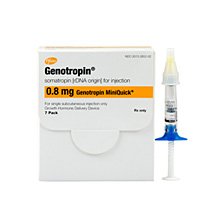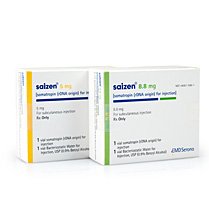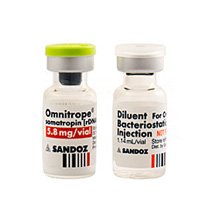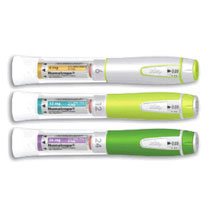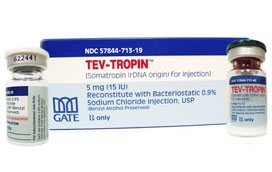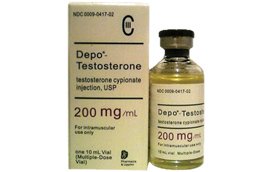Testosterone Therapy for Prostate Cancer
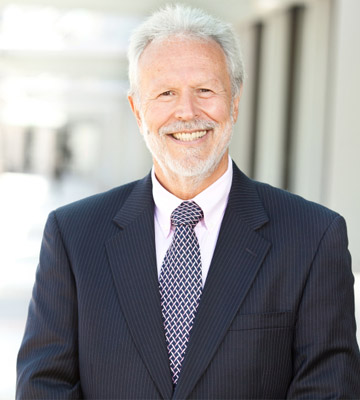
The long-held belief that testosterone therapy for prostate cancer should not be used dates back to the 1940s when doctors Charles Huggins and Clarence Hodges published research on the role of androgens in the progression of prostate cancer. Their research was the basis for androgen deprivation in the treatment of prostate cancer up until the last two decades when that theory has been subject to question.
Numerous cases and studies dispute that theory, and the medical community is currently engaged in a debate as to the benefits and use of testosterone treatment for prostate cancer.
In studies of men without prostatic disease who received supraphysiologic doses of testosterone for up to 9 months, there was no increase in serum PSA or prostate volume. This shows no link for a testosterone replacement therapy prostate cancer risk.
In one study of men with asymptomatic metastatic prostate cancer who had resistance to androgen deprivation therapy (ADT) and rising prostate-specific antigen (PSA) levels, testosterone therapy inhibited the growth of the androgen receptors that led to the ADT resistance. The cancer cells were then able to respond to the prescribed treatment.
Low Testosterone Levels and Prostate Cancer
One reason doctors question the theory of testosterone influencing prostate cancer is the fact that most men do not have to worry about this condition until later in life – which happens to coincide with lower levels of testosterone in the bloodstream. It would seem more likely that prostate cancer risk would be greater earlier in life if higher levels of testosterone were to blame.
If that is the case, then a man dealing with Low T should benefit from receiving testosterone therapy for prostate cancer.
In a 2016 report published in European Urology, numerous studies were examined – here are a few of the results:
- In the analysis of a Saturation Model, Dr. Abraham Morgentaler, and Abdulmaged M. Traish, Ph.D. found that there is a limit to the ability of serum T concentration to stimulate prostate growth [1].
- In a 2015 study reported in The Journal of Urology, it was determined that testosterone therapy does not increase the risk of prostate cancer in hypogonadal men [2].
- A 2012 report in European Urology found that men with high serum testosterone levels were not at an increased risk of developing PCa (prostate cancer), larger prostates, or higher PSA levels [3].
There is very little risk of side effects of testosterone therapy for prostate cancer. In fact, because of its influence on the quality of life, which suffers immensely when hypogonadism is present, testosterone treatment is highly recommended to reverse the symptoms of Low T.
Benefits of Testosterone for the Prostate
The risk of prostate cancer increases with age. That is a given. Testosterone levels begin to decline in a man’s late twenties to early thirties and continue at a pace of about one to two percent each year. With the realization that there is no proof to show testosterone therapy cause prostate cancer, it behooves a man to seek out treatment that can benefit his life in so many ways.
Testosterone is crucial for prostate health in other ways. Since the prostate gland filters impurities and toxins from the semen, maintaining a healthy ratio of testosterone to estrogen is vital to one’s health. Excess estrogen can lead to both benign and cancerous prostate cell development.
How does excess estrogen occur? The enzyme aromatase comes from belly fat. The more abdominal fat a person has, the more aromatase is secreted. Aromatase seeks out free testosterone and converts it into estradiol – a form of estrogen. Higher levels of estrogen in the blood affect the metabolic process, causing the body to transform carbohydrates into fat rather than fuel – and the process circles back around over and over again.
If testosterone turns into estrogen, wouldn’t testosterone therapy increase estrogen even more? No, the hormone doctor will prescribe anastrozole – an enzyme blocker to prevent aromatase from converting the testosterone into estrogen. In this manner, you can get the benefits of testosterone therapy without the increase in estrogen.
The other concern when looking at the testosterone therapy prostate cancer risk is elevated DHT. Dihydrotestosterone conversion occurs when another enzyme, 5-alpha reductase takes testosterone and changes it into DHT. As a man ages, his DHT production keeps going, even when his testosterone levels decline. This can lead to high levels of DHT in the prostate which can fuel prostate cell growth.
To speak with a hormone specialist about testosterone therapy, contact Greenberg Health for a complimentary, confidential consultation.


















 Norditropin
Norditropin